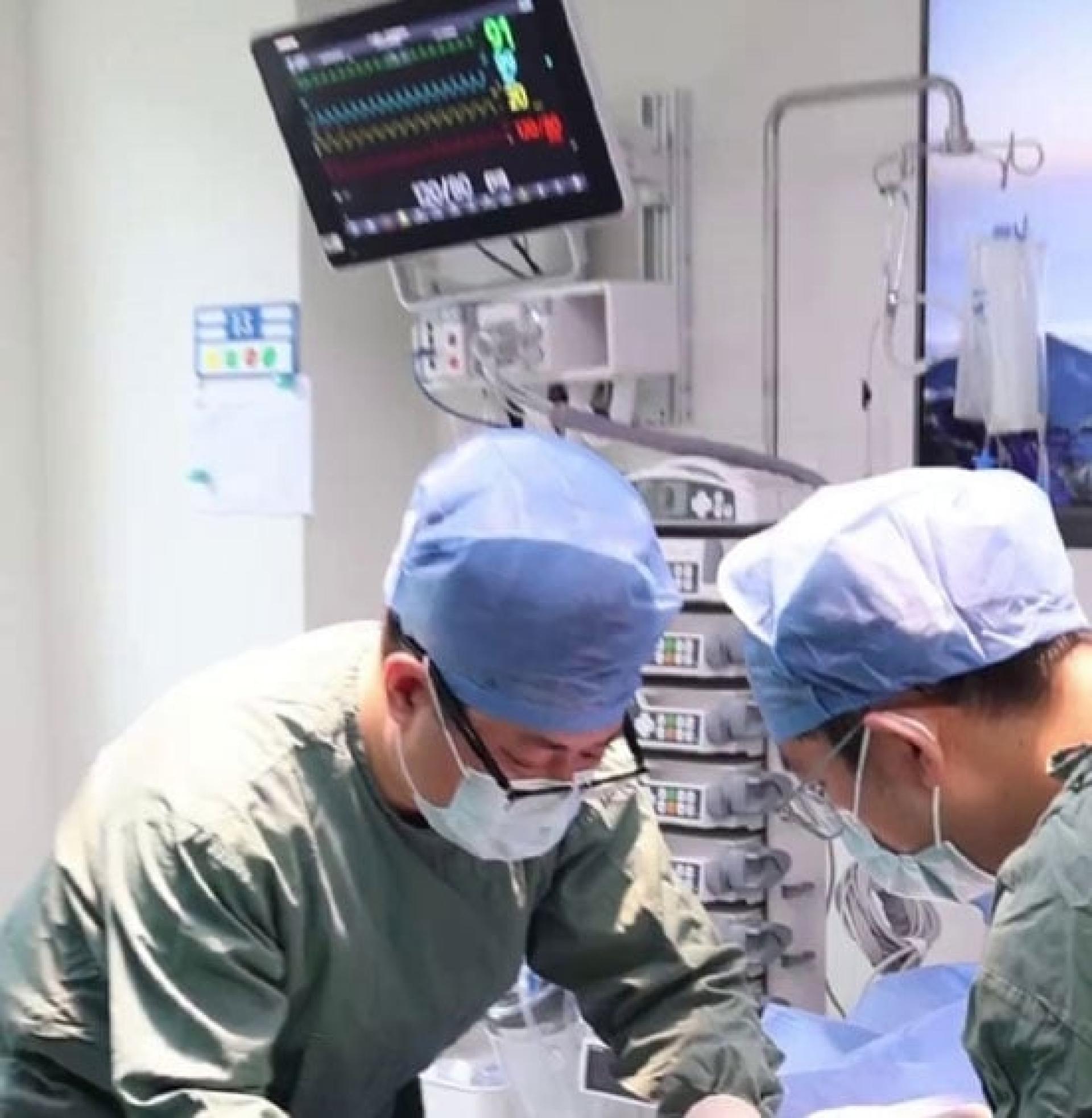As China’s National Day holiday began, a female tourist traveling from another province to Hangzhou suffered cardiac arrest after a 16-hour train ride and was rushed to the Second Affiliated Hospital of Zhejiang University for emergency treatment. The patient’s daughter said: “My mother got up to move around, and suddenly had difficulty breathing, which then became uncontrollable.”
Sudden Pulmonary Embolism
Dr. Zhou Guangju, head physician of the Emergency Medicine Department at the hospital, explained that the patient had cardiac arrest before admission and did not respond to emergency resuscitation after being brought in—after more than 10 minutes, there was still no spontaneous heartbeat, so they immediately initiated ECMO. Afterwards, the medical team confirmed the woman had suffered a sudden pulmonary embolism, commonly known as “economy class syndrome.” After four days of targeted treatment, the patient was transferred to a general ward and is now in good condition.
The patient’s daughter expressed deep gratitude to the Hangzhou medical team for saving her mother, saying that after her mother recovers and is discharged, she wants to visit West Lake: “We’ll just take a look at West Lake this time, and come back to Hangzhou to really enjoy ourselves next time.”
The doctor explained that staying in one position for a long time may cause deep vein thrombosis in the legs; when getting up and moving, the leg muscles squeeze the vessels, causing the clot to detach and travel with the blood flow to the pulmonary artery, instantly blocking circulation. This is the dangerous pulmonary embolism, which can quickly lead to cardiac arrest.
Doctors remind travelers to beware of the risks of prolonged sitting on return journeys. Stand up and move your legs and feet every one to two hours. Also, avoid dehydration and do not let your blood remain in a thickened state.
